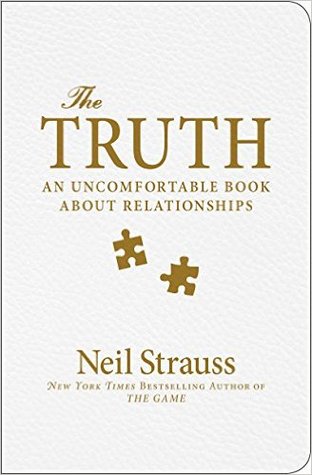More on this book
Community
Kindle Notes & Highlights
by
Neil Strauss
Read between
October 17 - November 13, 2020
As long as at least one partner is in the adult functional at any given time, most—if not all—arguments can be avoided.
Recognize when you are backsliding into a childish or adolescent behavior. Then pinpoint what old story is being triggered and tell yourself the truth of the situation. Let go of the lie.
Accept what is.
Instead of saying “I’m never going to cheat again,” say, “Today, I’m not going to do that thing that makes me feel weak and shameful about myself again.”
Ask yourself throughout the day, “What do I need to do in this moment to take care of myself?” If you can be aware of what legitimate needs and wants you’re not attending to, and then take actions to meet them on your own—or ask your partner for help if you can’t—that is the road to happiness.
No one can make you feel anything and you don’t make anyone feel a certain way. So don’t take on responsibility for your partner’s feelings and don’t blame your partner for yours. The most caring thing to do when they’re upset is simply to ask if they want you to listen, to give advice, to give them space, or to give them loving touch.
It’s when partners stop living in the past—in their trauma history—and start having a relationship with each other in the present moment. Love, it turns out, is not something to be learned. It’s something we already have, and we must unlearn in order to access it.
love is not about finding the right person. It’s about becoming the right person.


